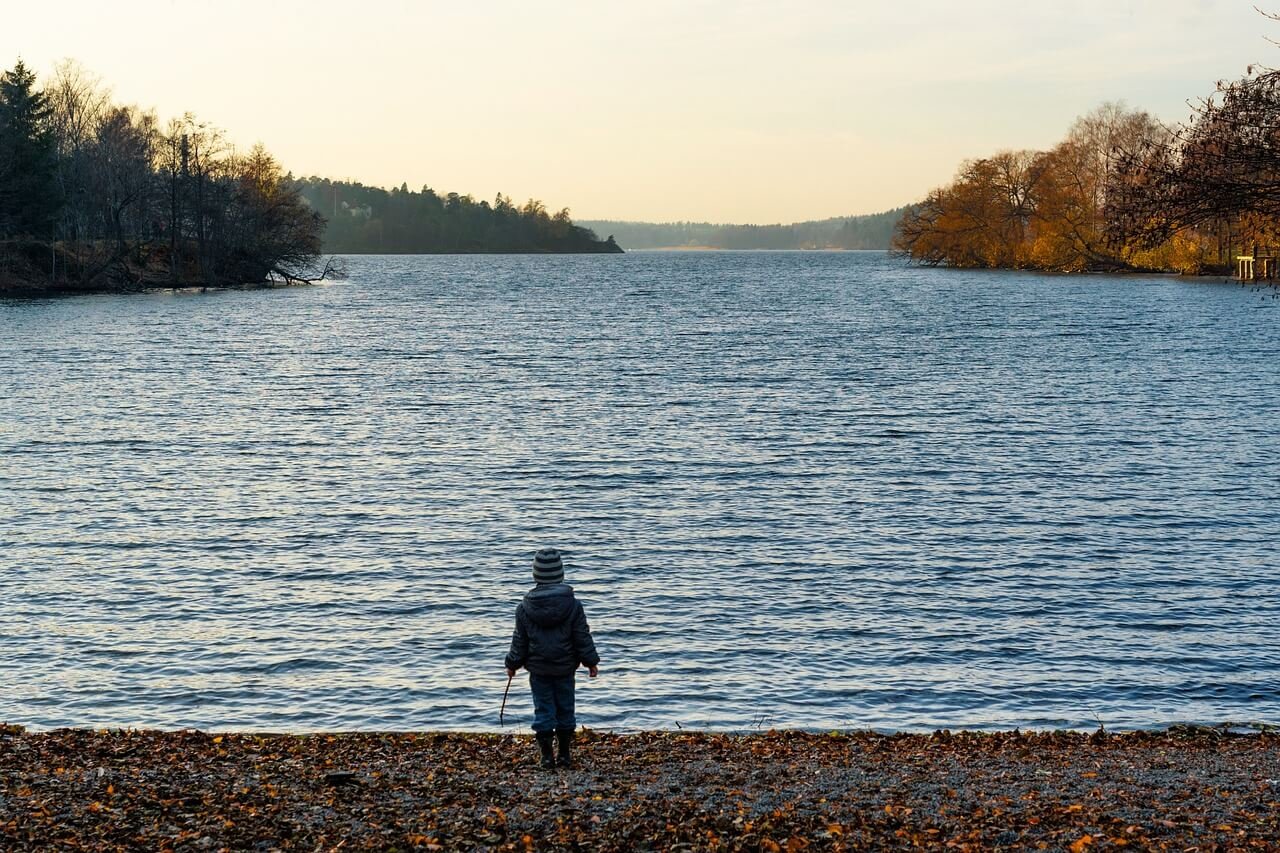On February 15, 2025, Muhsin Hendricks was shot and killed in Bethelsdorp, Eastern Cape, South Africa at the age of 57 years. He was an Imam – a Muslim religious role that a person assumes to lead prayers for their community. A human who likely found the courage to exist in the world in their true identity through prayer – the first openly gay Imam – assassinated. The victim started a mosque for gay Muslims and welcomed all people of the LGBTQ+ community into the faith of Islam. This is the reason he is well-known internationally, for including the forbidden people into his place of worship, and for allowing the “forbidden” within himself to worship and be loved by God. Muhsin represents a person that I have written off as a sinner for the large majority of my life. Why would I care about a Muslim man? Why would I care about a gay person? Neither of those are acceptable identities according to the interpretation I grew up with of holy scripture. But the sadness in my heart now penetrates the ways I’ve been taught to believe, the ways I’ve been shown to see the world, the ways I’ve internalized the hatred of “the other”.
Prayer, a moment of letting go, turning away briefly from the fast-paced day to ask God for help and mercy, feeling whole and loved as a creation of the Beloved, the purest encounter with the divine. Prayer leads us into an inner realm of truth that wants to be known. The truth of who we are in our deepest recesses, the space where the unknowable becomes known, non-matter becomes material, eternal becomes impermanent, birthed into the world of creation. A deeper way of seeing that to understand God means to be eternally understood, to know God means to be eternally known by God, the first taste of bona fide freedom on this earthly plane. Muhsin chose to lead old and new believers alike into the divine inner space for their own discovery of truth. Muhsin was likely shot and killed because he welcomed people from all walks of life, all “the others”, into a place of worship.
Horrific and inhumane, murdering someone because of their sexual identity or their openness of faith is nothing new to our world, and neither is the apathy that comes from the voices of many, whose prejudices blind them from lamenting such an explicit act of hatred. This apathy is something I know far too well, some days it feels like it’s taken up permanent residence inside me. The prejudice towards gay or Muslim people might seem insignificant to people who have no Muslim friends, no friends who identify as LGBTQ+, or those with a removed understanding of the experience of gay and Muslim humans living in this time, but the prejudice will keep many feeling unbothered and unempathetic to such tragedies. The grim history of violence towards those like Muhsin reveals to me an aspect of our collective agreements and our collective doctrine that requires love and change. The confirmation bias embedded in our homes, our friendships, our churches, and our society needs light and understanding. Only love can reveal the reality of systems of oppression, systems of hate, and systems of violence. Only love can give understanding to prejudice and apathy.
Today, I look deep into myself to see the prejudice and violence I perpetuate in my own heart, firstly toward myself and secondarily to the world. I feel sadness and rage that this beautiful human is gone from the Earth. I feel shame that love is pushed aside in my own heart to let judgement tell me how to behave. I have hope that our families, our friendships, our holy spaces, will acknowledge our collective role in violence towards the Muslim and LGBTQ+ communities. I have faith that love will guide us to our destiny.




Leave a Reply